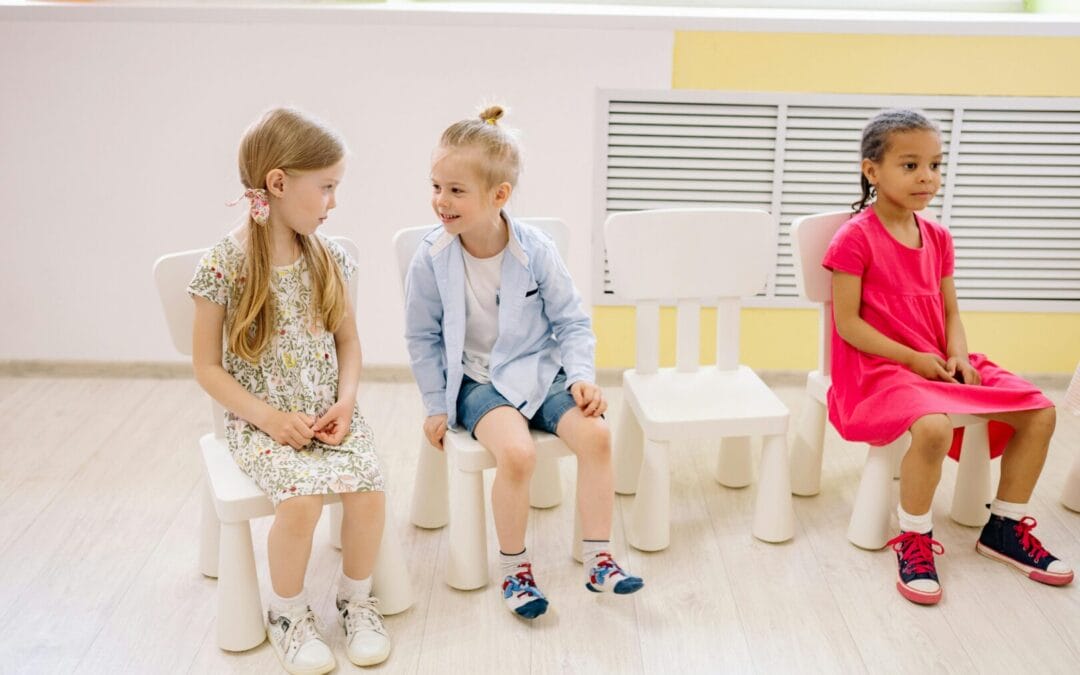Social skills are essential for children to develop strong connections with their peers, family members, educators, and others. They also play a crucial role in promoting positive self-esteem, emotional well-being, and success in various aspects of life. However, developing social skills might be challenging for some children due to various factors like temperament, developmental delays, or other unique circumstances. Therefore, it’s vital to support your child’s social growth and provide adequate resources to guide them through their social development journey. In this article, we will discuss various strategies and methods to help children build essential social skills, and how our team at Watch Me Shine provides tailored services to support your child’s social growth.
Developing strong social skills can benefit children in numerous ways, including improving communication, enhancing problem-solving abilities, promoting empathy and understanding, and forming healthy relationships. To foster these essential skills in children, it’s crucial to regulate their exposure to different social scenarios, provide them with the appropriate tools to navigate various situations, and encourage positive interactions with their peers and adults.
In the following sections, we will explore various strategies and interventions to help children develop healthy social skills. While some approaches might be more applicable to children with specific developmental challenges, they are still valuable for promoting social growth in all children. With guidance, patience, and support from parents, caregivers, and professionals, your child can overcome social hurdles and succeed in forging meaningful connections with others. If you’re looking to provide your child with targeted social skills support, reach out to the dedicated team at Watch Me Shine for expert guidance and services tailored to their unique needs.
Creating Opportunities for Social Interaction
Providing children with ample opportunities for social interaction is a crucial first step in helping them build healthy social skills. By exposing children to various social settings, they can learn how to navigate different situations, understand social cues, and communicate effectively with others. Some ways to create these opportunities include:
- Playdates: Arrange playdates with friends or neighbors, allowing your child to engage in play with other children of different ages and backgrounds. Varied interaction offers diverse learning experiences and exposes them to a range of social dynamics.
- Extracurricular activities: Enroll your child in activities such as sports, clubs, or classes, where they can engage with peers who share common interests.
- Encourage family interaction: Encourage your child to participate in family discussions, game nights, or activities that promote communication and collaboration with siblings, parents, and extended family members.
Modeling and Reinforcement of Social Skills
As parents and caregivers, your behavior and interactions set the stage for your child’s social development. Children often learn and adopt behaviors from the adults around them, making it essential for parents and caregivers to model positive social skills and reinforce appropriate behaviors. Strategies for modeling and reinforcement include:
- Demonstrating good manners: Show your child the importance of using polite language, such as saying “please” and “thank you,” and behaving respectfully towards others.
- Teaching empathy: Encourage your child to consider and understand the feelings and perspectives of others. Talk openly about emotions and model compassionate behavior.
- Establishing open communication: Promote an environment where your child feels comfortable expressing their thoughts and feelings, listening actively, and asking questions to show interest and understanding.
Teaching Assertiveness and Conflict Resolution
Building assertiveness and conflict resolution skills are essential components of social development. These skills allow children to stand up for themselves, negotiate, and interact with others in a respectful, yet assertive manner. To teach assertiveness and conflict resolution, consider the following approaches:
- Encourage self-expression: Teach your child the importance of expressing their feelings and needs in a constructive, respectful manner.
- Role-play scenarios: Create hypothetical situations where your child can practice responding assertively and negotiating with others.
- Promote problem-solving: Encourage your child to think through conflicts and suggest alternative solutions that are fair and respectful to all parties involved.
Utilizing Social Skills Training Programs
Social skills training programs can provide additional support to children who need targeted interventions to develop their social abilities. These programs, offered by professionals like speech therapists, occupational therapists, or specialized educators, may include group or individual sessions that focus on specific social skills and strategies. Social skills training can offer benefits such as:
- Structured learning: Children receive explicit instruction on various social skills, enabling a clear understanding of expectations and appropriate behaviors.
- Targeted interventions: Professionals can tailor interventions to address your child’s specific needs and challenges, maximizing progress and effectiveness.
- Peer practice: Group sessions allow children to practice social skills with peers in a safe, supportive environment, providing opportunities for real-world application and feedback.
Conclusion
Developing robust social skills is vital for a child’s overall success and well-being. By creating opportunities for social interaction, modeling and reinforcing social behaviors, teaching assertiveness and conflict resolution, and accessing specialized support and training programs, parents and caregivers can provide a strong foundation for their child’s social growth.
At Watch Me Shine, our multi-disciplinary team of professionals is dedicated to helping children build essential social skills and foster strong connections with others. If you’re seeking expert guidance and tailored support for your child’s social development, reach out to our caring team today and help your child stride confidently towards a fulfilling and connected future. Ask us about our child therapy services!

